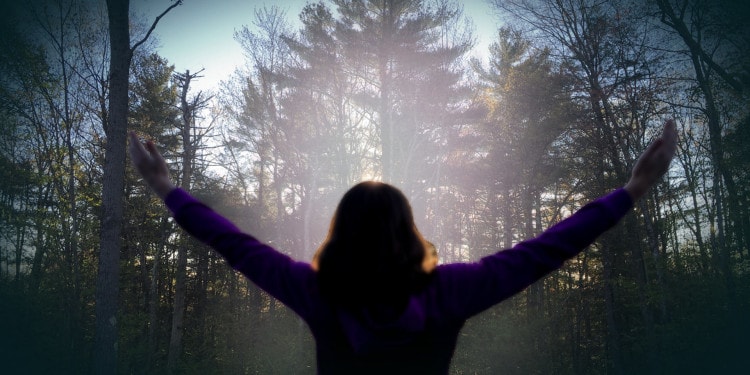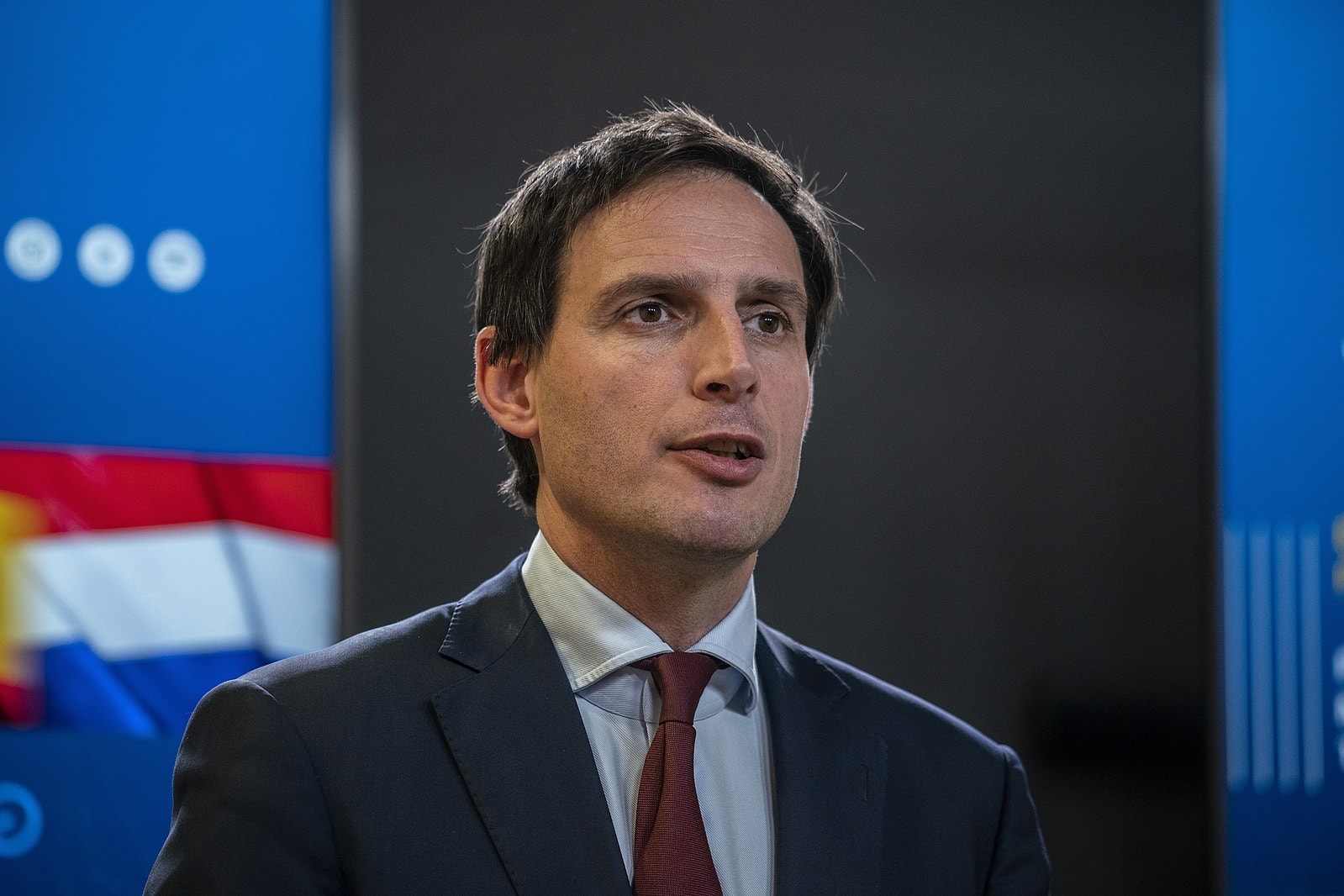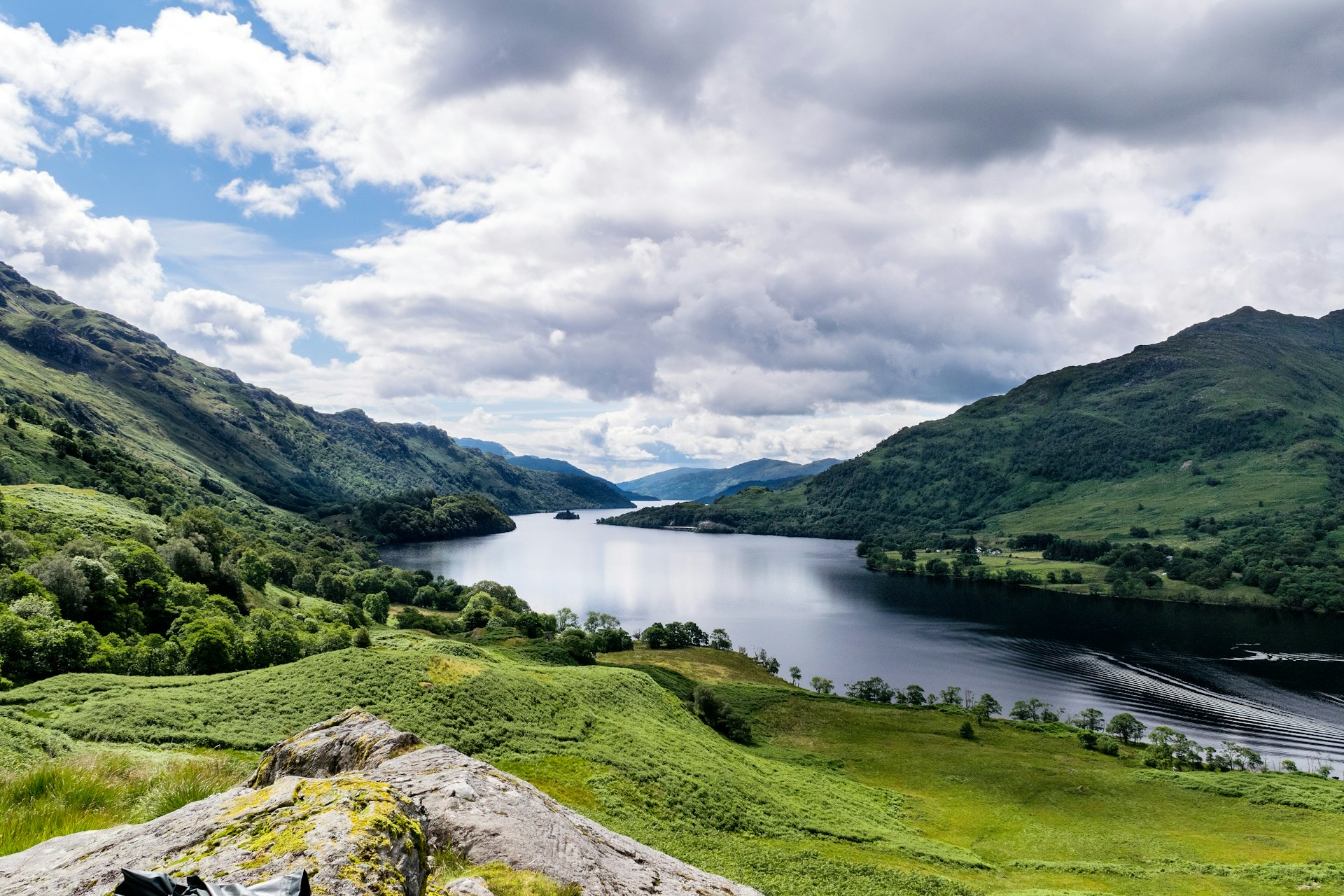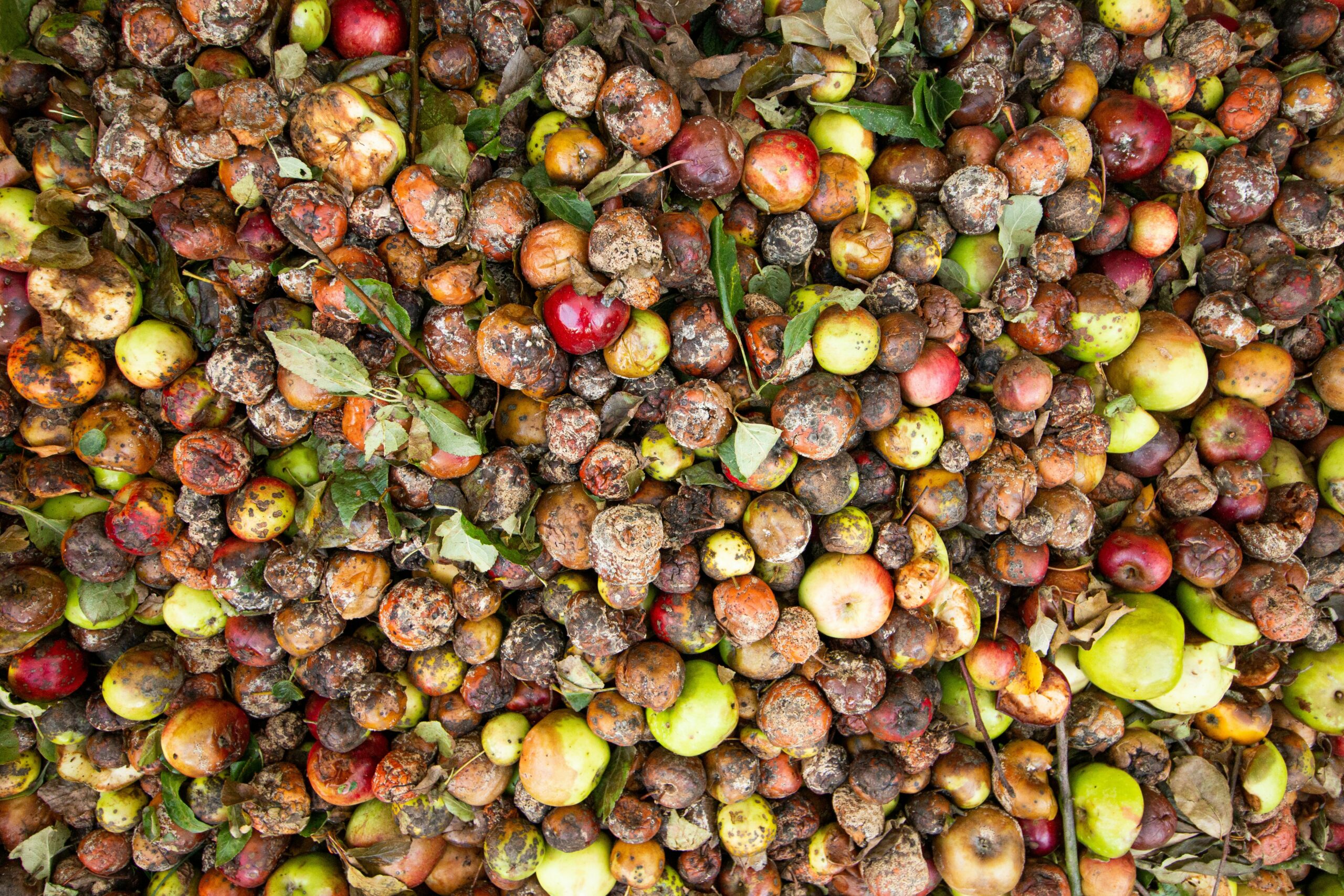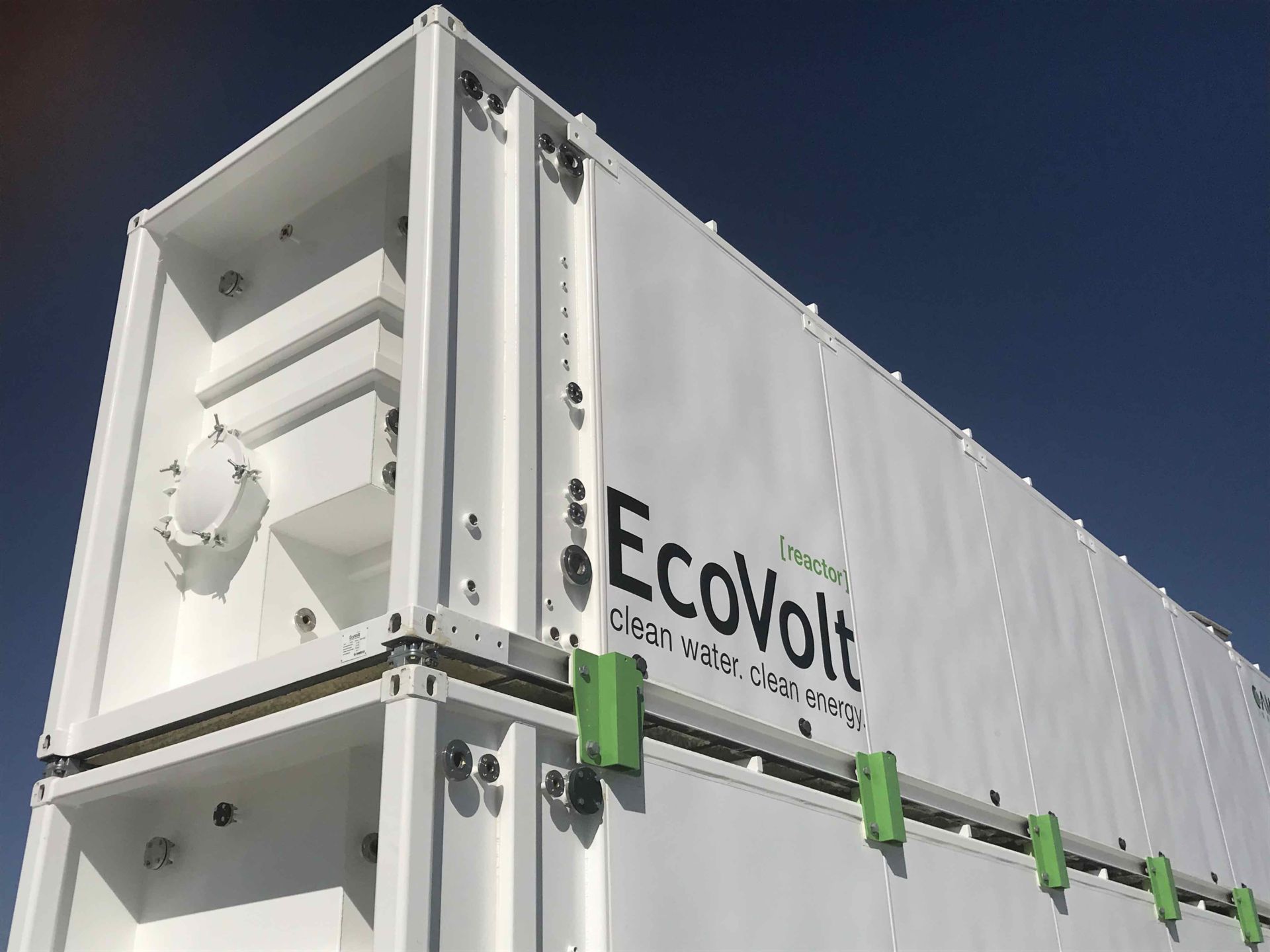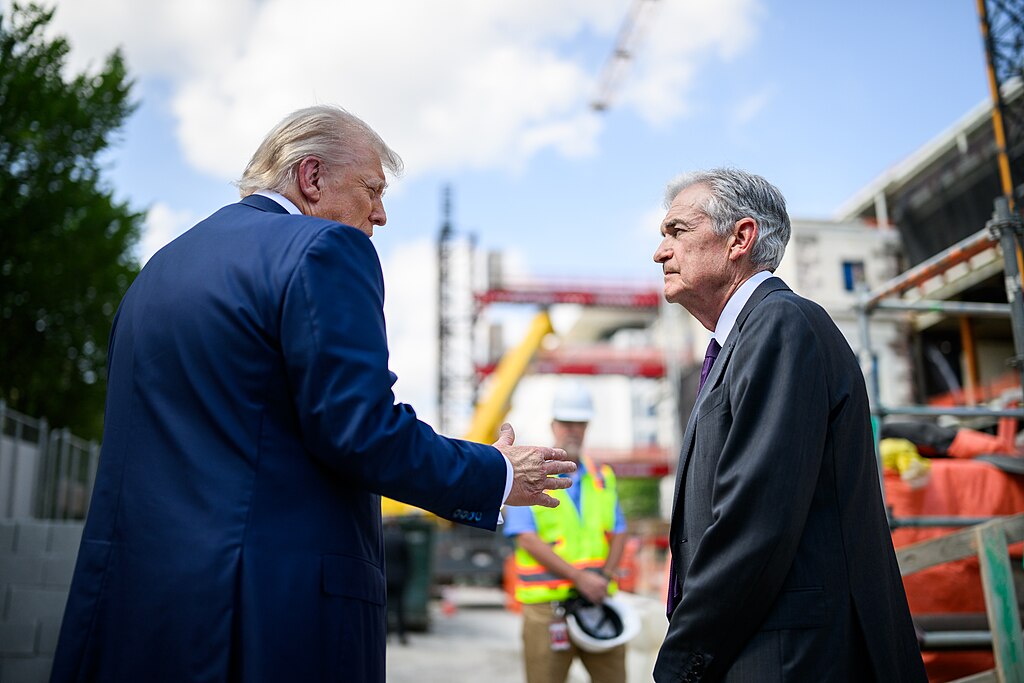The first time I spoke at the United Nations Geneva about safeguarding Autistic Girls, it was November 2014, before the launch of the Sustainable Development Goals .
I had just received my Autism diagnosis, started my ABA Therapy and was there to speak with other Autistic women from all over the world, including Australia, USA, and France. I felt much less experienced, naive, and frankly terrified. I cried. The kind host held my hand and I carried on talking whilst crying, scared that if I stopped to compose myself, I wouldn’t have the courage to start again.
I loved the UN, the building, the people, and the landscape, both in campaign mindsets and the environment of lakes and mountains in which it’s set.
My happiest memory of that visit was being mentored by Nelson Mandela’s former Vice President and now UN Women Chief Executive Phumzile Mlambo.
As a 32 year old woman I was too old to attend the young women’s mentor meeting. Being Autistic I abide strictly to rules, so I disclosed my age immediately. But Phumzile’s team insisted I stayed, for which I am eternally grateful.
Phumzile told us to never be afraid to speak up. She shared happy memories of how Nelson Mandela was incredibly proud to have a female Vice President, and gave us tips on how to handle ourselves appropriately if interrupted by a man.
These are lessons that I’ve carried with me ever since.
I learned so much, felt empowered and valued, and knew I had to return to Geneva soon.

On that return in 2016, the 17 Sustainable Development Goals to change our world were now in place. I remember standing proudly reading the SDG banners that covered the UN halls. I recall taking a photograph of the banners, somehow instinctively knowing that these SDG goals would transform lives globally .
Within my speech in 2016 I mentioned Goals 3, 4 and 5 in relation to Autistic women and girls.
- GOAL 3: Good Health and Well-being.
- GOAL 4: Quality Education.
- GOAL 5: Gender Equality.
Goal 10, of reduced inequalities within countries was also most appropriate for Autistic women and girls.

We know that 83% of disabled women have endured abuse, and that 91% of Autistic adults experienced abuse prior to diagnosis and support.
We know that many autistic girls in the UK are not in school, and therefore, not part of the immunisation system for the HPV vaccination and not accessing safeguarding or Sex Education as part of that school system.
We know that our autistic girls are being left behind.
I felt hypocritical to so boldly address these issues internationally, yet not do something pragmatic to try and fix the situation the moment I came home .
At that time, as a single mother of 3, and carer to my 2 autistic girls, with a huge mortgage but a low income, I wasn’t sure where to start. So I carved out a weekend to write, host and publish an online Safeguarding course entitled “Boundaries, Bodies, Abuse and Reporting it for Autistic Girls”.
My aim was to create something that was specific for Autistic girls, and freely available to all, regardless of whether the child is in mainstream school, special educational needs school or home education. So I self-financed this and made it a free resource – to me, having this resource available to everyone is priceless.
The slogan for the Sustainable Development Goals “leave no one behind ” is incredibly powerful.

It captures how all member states of the United Nations, regardless of wealth, must ensure all who are born, work and reside within them have equal opportunities to access the living standards enjoyed by the majority.
Autistic women and girls have, until recent times, been a much overlooked, misunderstood and left behind minority group.
I am unashamedly proud to say that there is no other country in the world I would rather be an Autistic woman in, or raise my Autistic daughters in, than the UK . We are not perfect, but by experience and contrast I know how fortunate we are to have the world class clinical understandings and employment opportunities we do in UK. Here our Autism is considered an asset by, and not a burden to, our government.
However, when compared to the education and health opportunities afforded to non-Autistic UK women and girls, we are being left behind in diagnosis and understanding, whether this be due to location, class, ethnicity, or gender.
I always make it clear that I’m an advocate and not an activist. I travel internationally, mainly in a self-funded independent capacity, to support Autistic women and girls, share experiences and good models of practice. I politely point out any loopholes. Not to criticise, but to help create more inclusive legislation.
At times it has felt disappointing and confusing that during my 2017 and 2019 visits to the United Nations that instead of the positive shift, I had hoped for, instead I experienced something somewhat different.
This year’s Autism and girls specific CEDAW ratification paperwork was objective and fair, and in the main positive about our UK and Scottish governments. So imagine my surprise and disappointment when after personally hand delivering our report in Geneva, I later received an email to discreetly inform me, and others, that our carefully researched and written ‘lived experience’ submissions that we had travelled from the UK to hand-deliver, (as required), were left in the office in Geneva and were not passed on to our Government representatives to be used during the review session at all.
It feels to me that there is now an assumption that being a campaigner is synonymous with being angry. That we are expected to be there in protest rather than in hope, patience and pride.
Whether this is due to external factors; or simply because as I fast approach 37 I am no longer the naive, fresh-faced, wide-eyed slip of a thing who could pass as 20 in United Nations youth groups; something has definitely changed.
My friend Linda told me after my divorce that respect is the foundation to lifelong marriage. Maybe advocacy is like being in a good marriage. Although the infatuation stage has passed, the respect on my side at least, will not disappear. My commitment will be life-long .
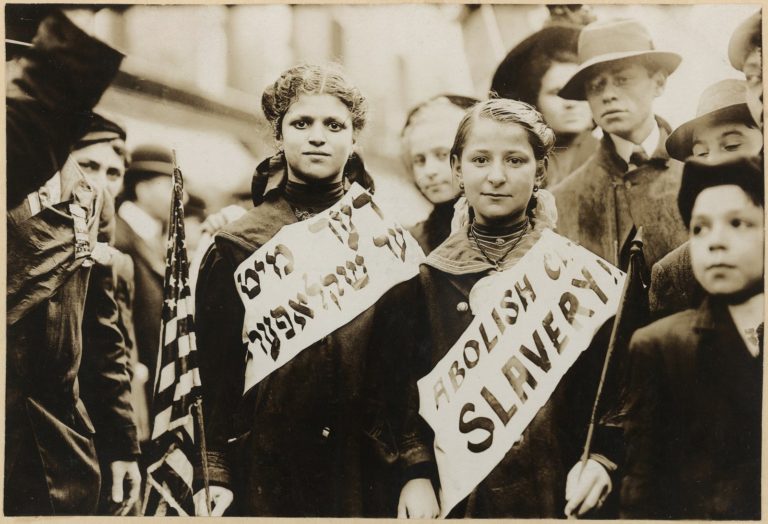
To “talk the talk “you must also “walk the walk”. It’s that commitment, mixed with my personal experiences, and a feeling of repeating myself year after year, with much being recorded and added to reports and human rights, but not much being industriously implemented, which has brought me to a realisation.
What if every penny used on flights ,accommodation, and the other expenses incurred by independent international campaigns was used on developing grass-roots home-grown resources instead?
There is a well-known quote – “if you want to change the world go home and love your family”. What if to REALLY change the world you must “go home and love your country”?
That is why I am a scaling back on independent international advocacy travel and instead focusing on a new practical campaign that will make a real difference to the lives of disabled women and girls. I am committing to train EVERY county on Safeguarding Disabled girls by 2030 to achieve the Social Development Goal “leave no one behind “.
Editor’s Picks – Related Articles:
Building a Community: An Interview with MyHealthTeams
Why Populism is Dangerous: Public Health at Risk
It’s an ambitious commitment, but one that I’m determined to achieve. To help me do so, I’m fortunate to have the support of one of the UK’s most respected and inspirational female entrepreneurs, Melanie Bryan OBE DL.
Honoured in 2013 with an OBE for her services to Social Enterprise and Women’s Enterprise, Melanie is is a multi-award winning entrepreneur, whose accolades include National Enterprise Support Champion and being named as one of the Maserati 100 for mentoring and advice. Melanie’s company, WhyNotChange supports charities, social enterprises and small businesses to grow and make a bigger positive difference.
Passionate about giving back, Melanie serves in a number of voluntary roles including as a Deputy Lieutenant for Greater Manchester. However, the title that makes Melanie most proud is ‘SuperNana’ given to her by her 9 year old Autistic grandson. Melanie is passionate about inclusion and will bring her social enterprise skills to help us achieve this goal, and much more.
The grass is always greener where you water it. Having already made a start by delivering, or being booked to deliver safeguarding sessions, in 8 locations, I’m aiming to achieve this goal long before 2030.
I know that my fellow Autistic Women advocates in the UK and globally are also working hard to make sure that nobody is left behind. Together we will seek to protect and include one of the most vulnerable, underestimated, and sadly overlooked minority group of women in the world .
I am phenomenally grateful for, and respect the SDGs, and what they mean for Autistic women around the world. Working together, we will ensure that we truly ‘leave no-one behind’.
To contact Carly please see her Email and Website. The 2019 UK CEDAW submission by Carly Jones MBE and Dr Catriona Stewart of SWAN Scotland has been published on the United Nations website and can be viewed here.
In the cover photo: A girl welcome the world with open arms. Photo Credit: JoanDragonfly on Flickr.
EDITOR’S NOTE: The opinions expressed here by Impakter.com columnists are their own, not those of Impakter.com.


